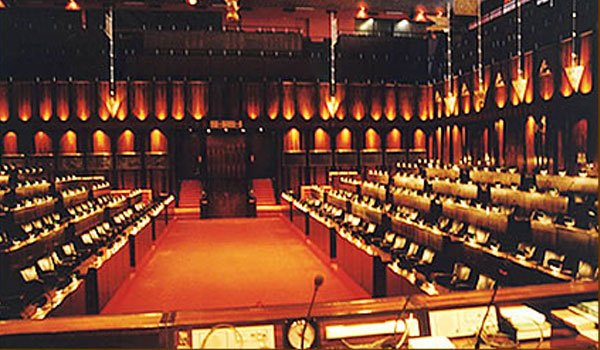At the same time, it is also difficult to ignore the fear that yet another opportunity presented by history may fail owing to political opposition, ethnic extremism and an entrenched, if not systemic, resistance to change. President Maithripala Sirisena’s address to Parliament on the occasion of the tabling of a motion to create a Constitutional Assembly was bold in its invocation of past failures.
His candid reference to the failure to implement past agreements as the origin of the protracted civil war showed deep understanding of his country’s situation. Laced with justified apprehensions about the likely impediments, Mr. Sirisena has warned his countrymen against attempts to raise the bogey of external pressure and an alleged threat to the special status of Buddhism in Sri Lanka. He is aware of the presence of extremists on both sides of the ethnic divide. He has asserted that a constitutional solution will be indigenous. The process of constituting the entire membership of the current Parliament as a Constitutional Assembly has begun. A steering committee will be tasked with drafting a new Constitution while inputs from outside the parliamentary structure will be in the form of a ‘Public Representation Commission’.






